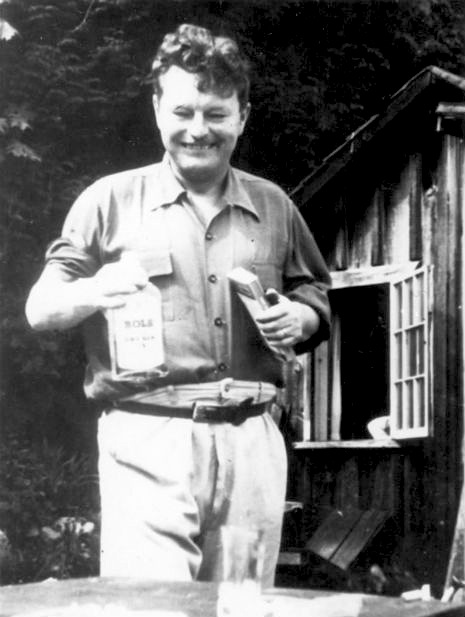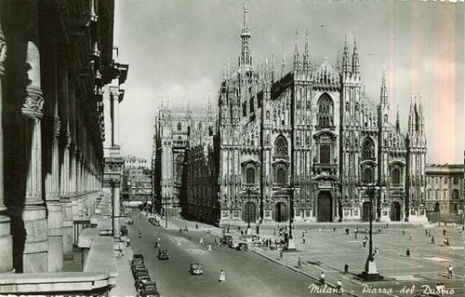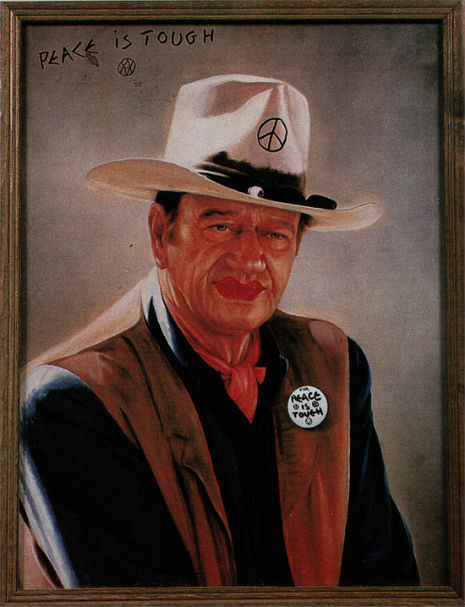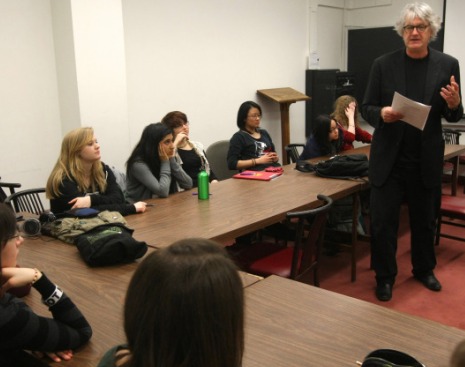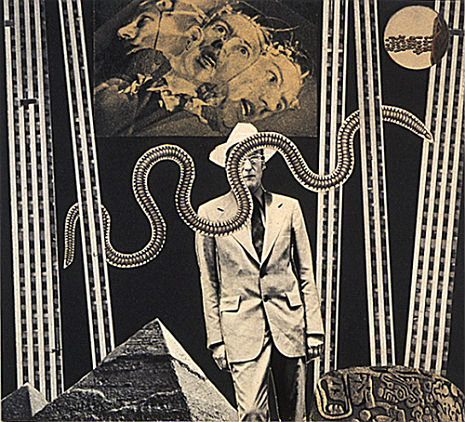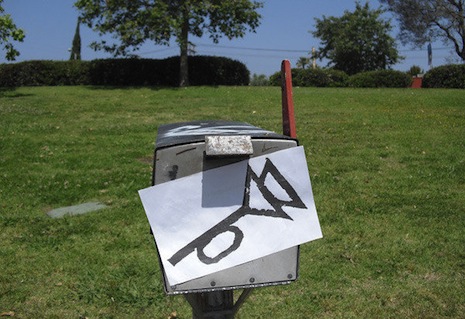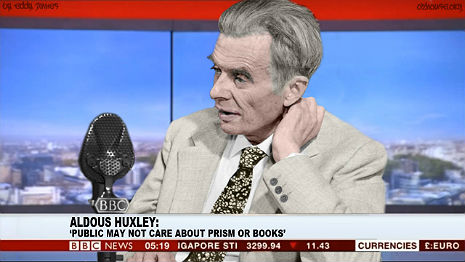_London.jpg)
Whether you are a professional designer, illustrator, a Nabokov nut—or even none of the above—there is much to like about Lolita - The Story of a Cover Girl, a fascinating new book edited by John Bertram and Yuri Leving. At the center of their project is the problem Vladimir Nabokov’s notorious 1955 novel of sexual obsession, pedophilia and quasi-incest has posed for over half a century of book jacket designers.
First consider the creative brief as laid out by Nabokov himself, a man who liked to be in firm control of how his work, and his own public image, were represented:
“I want pure colors, melting clouds, accurately drawn details, a sunburst above a receding road with the light reflected in furrows and ruts, after rain. And no girls.”
You hear that? Let me turn it up a little bit louder for you:
“Who would be capable of creating a romantic, delicately drawn, non-Freudian and non-juvenile, picture for LOLITA (a dissolving remoteness, a soft American landscape, a nostalgic highway—that sort of thing)? There is one subject which I am emphatically opposed to: any kind of representation of a little girl.”
The image most closely associated with the novel today, of course, is the misleadingly “sexy” image of Sue Lyon, who played “Lolita” in Stanley Kubrick’s film adaptation, wearing the heart-shaped sunglasses and lasciviously licking a lollipop. This is not even a still from the film, it was a publicity photograph taken by Burt Stern. [In Kubrick’s film, Lyon, who was fourteen when it was shot, is meant to be sixteen to soften the situation for movie audiences (and censorship boards). I found it fascinating to learn that Nabokov would later remark that Catherine Demongeot, who played the title character in Louis Malle’s 1960 film Zazie dans le métro, was in fact closer to his own image of young Delores Haze!]
How do you solve a creative conundrum like Lolita? Not only is the subject matter uniquely problematic, you have its author, a towering genius of 20th century literature, telling you emphatically: “NO GIRLS.”
The genesis of the book began in 2009 when Bertram discovered Dieter Zimmer’s Covering Lolita, an online collection of nearly 200 Lolita covers from around the world and decided to sponsor a book cover competition for a new cover for Lolita. There were 155 entries from 34 countries. After the contest, Bertram was approached by Yuri Leving, the editor of the Nabokov Online Journal about writing an essay on the results. When his paper was published there, Bertram sensed there was more to say on the subject and the result is Lolita - The Story of a Cover Girl, which he co-edited with Leving.
Several of the entries are seen in the book. You can see them online, too, at Bertram’s Venus febriculosa website, where he has also held a contest for “cover versions” of Brian Eno’s decidedly minimalist Music for Films album art.
Today in Los Angeles at Skylight Books in Los Feliz at 5pm, Bertram will lead a discussion regarding the art and design of Nabokov’s novel over the decades. On the panel will be Johanna Drucker, Leland De La Durantaye and Mary Gaitskill.

First prize winner by Lyuba Haleva

Design by Rachel Berger (I especially liked this one. Subtle, but powerful)

Design by Derek McCalla

Design by Aleksander Bak
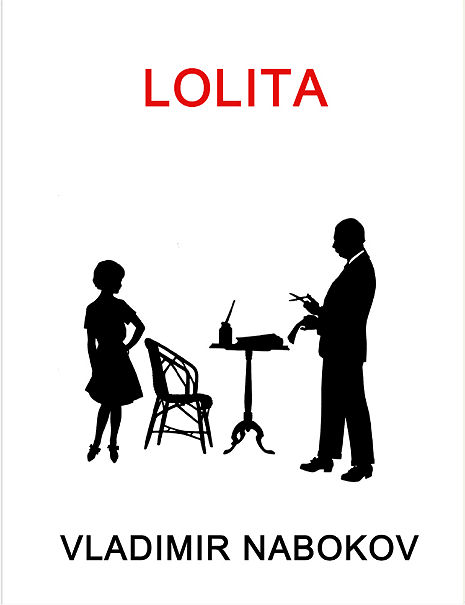
Design by Barbara Bloom








